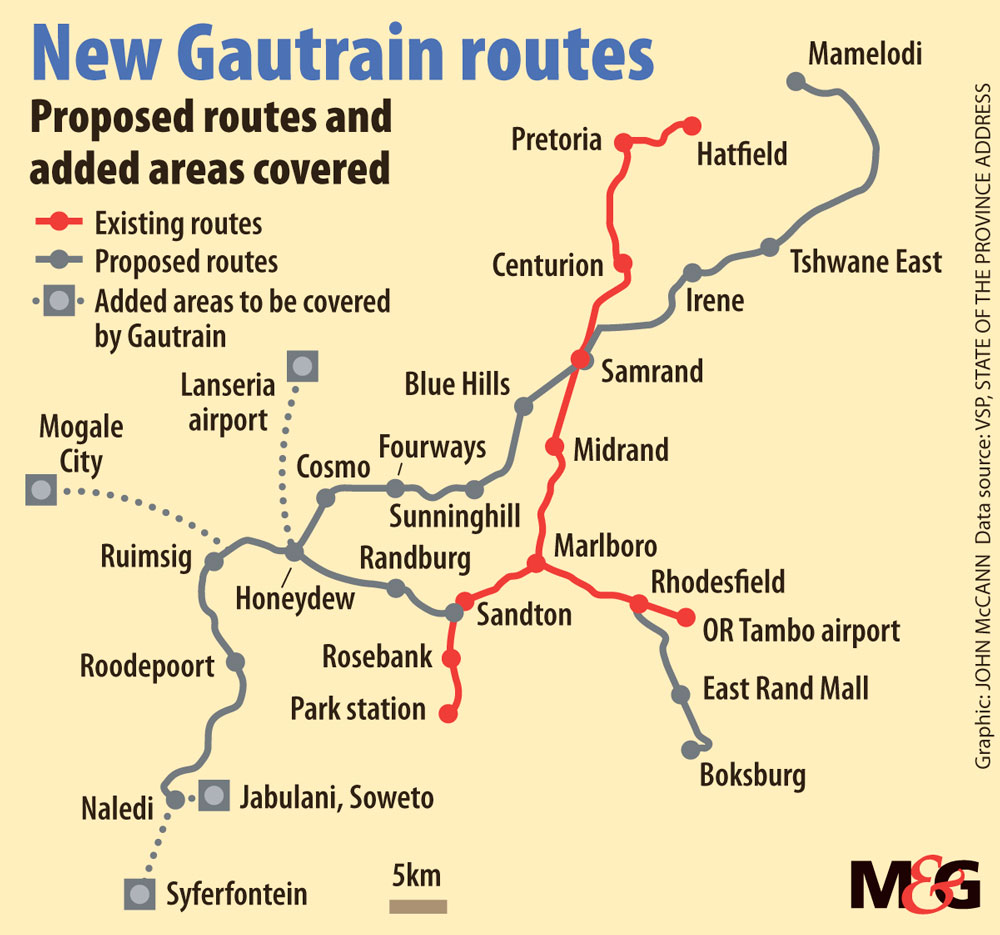Economic Freedom Fighters called for the Gauteng premier to step down following the deaths of Life Esidimeni psychiatric patients. Photo: Jabu Khumalo/Gallo Images/Daily Sun
Gauteng Premier David Makhura delivered his 2017 State of the Province address (Sopa) with the weight of the ANC’s turmoil on his shoulders, as the party faces the risk of losing control of the province in the 2019 national elections.
The Life Esidimeni tragedy, a dismal performance in the 2016 municipal elections and internal party squabbles meant Makhura was under heightened pressure to demonstrate effective delivery last year and to show that more would be done in the remaining two years of his term.
His address on Monday in Randfontein was clouded by the deaths of 100 psychiatric patients who, under the auspices of the Gauteng health department, were transferred from Life Esidimeni healthcare centres to ill-equipped nongovernmental organisations.
The transfer was an attempt by the department to cut the rising costs of maintaining the contract, as part of its quest to reach a healthy financial status. Although it received a clean 2016 audit report, the financial bill of good health came at the cost of lives.
Before delivering his speech on Monday Makhura was confronted with an Economic Freedom Fighters protest against his leadership and less than subliminal messages of unhappiness from Democratic Alliance members of the provincial legislature, who carried placards that read “I am Esidimeni”.
Pressed by opposition parties to take accountability for the tragedy and step down, Makhura addressed the deaths as the first point in his speech, dedicating his remaining years in office to ensuring the safety of the mentally ill.
“I am determined to lead this mission over the next two years of my term in office as the premier of this province. I will appoint a premier’s mental health advisory panel to assist this mission,” he said.
The heightened resistance to his leadership from opposition parties comes at a time when Makhura has been catapulted into a difficult position by the ANC’s loss of the Johannesburg and Tshwane metros during the 2016 municipal elections.
If he is to implement plans outlined in his 2017 Sopa, he would need to work closely with mayors who belong to an opposition party that has called for his resignation. In his address Makhura requested the co-operation of mayors in executing his government’s vision.
“I would like to call on all municipalities, especially the executive mayors, to embrace the need for collaboration between provincial government and municipalities,” he said.
He also made a passionate plea for leaders to focus less on winning the 2019 elections at all costs and more on service delivery — a statement that could be viewed as his acknow-ledgement of the pressure facing his party.
The pressure to perform also emanates from the ANC.
Shortly after the release of the health ombud’s report into the deaths of Life Esidimeni patients, the ANC Youth League’s Gauteng structure called on Makhura to resign for “allowing the disgraced MEC to arrogantly continue misleading the people of Gauteng and families of the victims must be held accountable”. Although the league was later called to order by the national office, it had already made obvious the infighting with party.
ANC’s Gauteng leaders, including chairperson Paul Mashatile, have faced resistance from some members of the national executive committee (NEC) for the dismal performance in last year’s elections.
The Sunday Times reported after the 2016 local elections that national executive committee members, including Humphrey Mmemezi and Nomvula Mokonyane, had called for Gauteng’s leadership structure to be disbanded.
League spokesperson Mlondi Mkhize said: “If the solution is that you disband the structure … let that be done, because what we’ve witnessed in Gauteng is that its leadership started the [election] campaign by complaining.” He was referring to remarks made by Mashatile that an apology for the Nkandla scandal was not enough to restore public confidence in the ANC.
“Subsequently they’ve been pointing out too many internal matters at a time when everyone focused on elections,” he said at the time.
Despite the pressure on Makhura, he has made significant inroads on the economic front. With a growth rate of 0.8%, Gauteng outperformed South Africa’s national growth of 0.5%, and created more than 300 000 jobs biannually.
To drive socioeconomic growth Makhura’s government increased its spend on small and medium enterprises and township economies from R3-billion in 2015 to R6-billion in 2016.
The premier also delivered on his promise to tackle youth unemployment through the government’s Tshepo 500 000 programme. Under the initiative 350 000 young people had either been placed in sustainable jobs, given skills development opportunities or accredited as entrepreneurs.
To further drive growth Makhura announced on Monday the appointment of an advisory panel that would guide government on implementing strategies to reach its economic goals. The panel would be made up of economists as well as representatives of business and labour and would be chaired by former deputy minister of finance Jabu Moleketi.
Makhura’s government secured clean audits during the 2015–2016 financial year for all 14 departments.
On transport, Makhura announced the completion of a feasibility study for the expansion of the Gautrain to areas such as Mamelodi in Tshwane, Jabulani in Soweto, Johannesburg, and Boksburg in Ekurhuleni.
